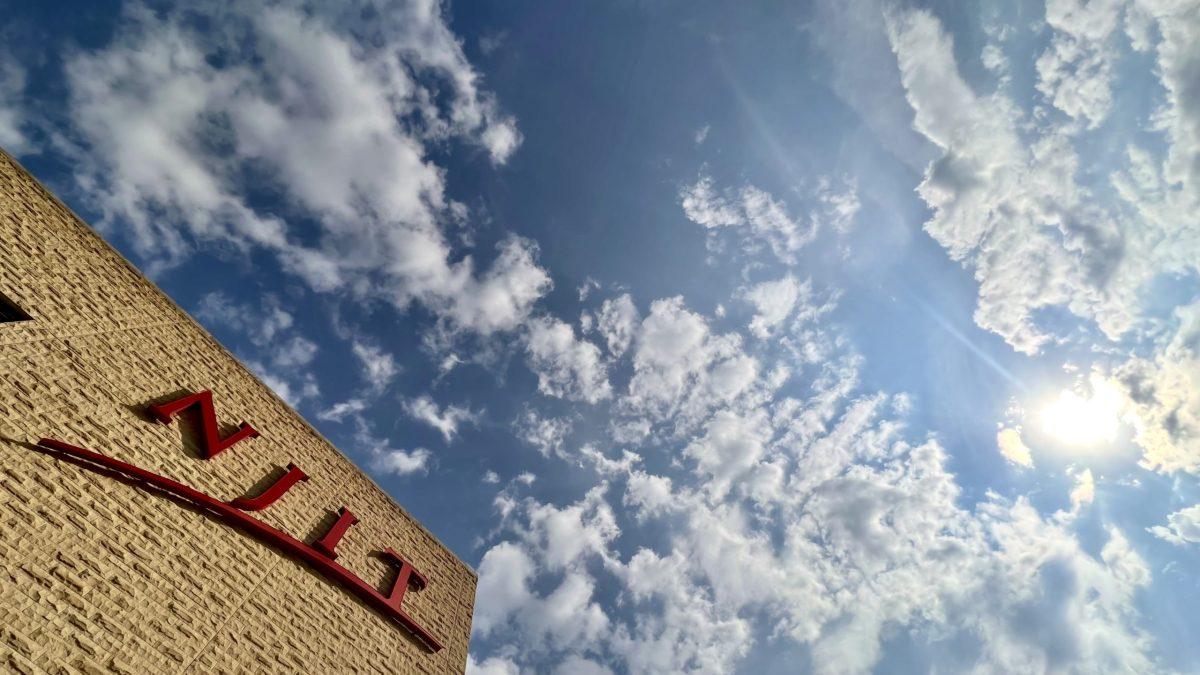Content warning: This article contains mentions of sexual violence.
On Sept. 14, NJIT’s Department of Public Safety released the 2022 Security Report, which detailed the crime statistics from the years 2019, 2020, and 2021 and included information about the appropriate resources and people to contact in order to report crimes.
There are several ways to relay information about a crime. Every office contains a campus telephone that connects directly to Public Safety and can be used to dial the extension 3111 to report a crime or 911 for an emergency. Emergency telephones are also present at every blue light throughout campus, which automatically connect to the NJIT police dispatcher.
Students can also dial 973-596-3111 from a non-campus phone to reach Public Safety or speak to any NJIT Police or Public Safety officers in person.
Most of the 2022 report focused on the prevention of rape, sexual assault, dating violence, and stalking. One case of rape and two cases of fondling were reported on campus in 2021. The nationwide statistics are sobering: the Rape, Abuse, and Incest National Network estimates that 26.4% of female undergraduate students and 6.8% of males experience rape or sexual assault through physical force, coercion, or incapacitation.
The United States Department of Justice estimates that up to 90% of campus sexual assaults are committed by a perpetrator that the victim knows; therefore, every student should know about the resources available to keep oneself safe on campus.
There are several options that NJIT Public Safety has provided in order to address the prevention of sexual assault and feel more comfortable. Throughout the year, certified Rape Aggression Defense Trainers offer free self-defense training for students that includes strategies for avoidance and risk reduction and hands-on defense training. Such sessions are generally held in the Wellness and Events Center. The Center for Counseling and Psychological Services and Dr. Kristie Damell, NJIT’s Title IX coordinator, are also available to answer questions and discuss any incidents of sexual harassment and violence.
For victims of sexual violence, safety is the primary concern; the Department of Public Safety or local police can be reached through their cell phone or a campus phone. Afterwards, medical help can be obtained from University Hospital, St. Michael’s Primary Care Center, and Newark Beth Israel Hospital — all hospitals that Public Safety can transport students to.
Until the medical examination, Public Safety advises that any evidence be preserved by not showering or changing clothes. Emergency room fees are waived for sexual assault victims who file a police report, and can also be covered by the NJIT student health insurance plan. All evidence will be preserved for 90 days, during which survivors can decide whether to report the crime.
Although numerous fire drills were held, no fires were reported in any residence buildings in 2021. However, a 2019 fire in the Honors building caused by a kitchen stove resulted in property damage worth $58,379.05; following the directions of Residence Life Staff and Public Safety can decrease risk to both residents and property.
Although NJIT’s home city, Newark has a reputation for being unsafe, NJIT is one of the safest campuses in the country, ranked sixth nationally by Safe Campus and first in New Jersey. In 2021, the latest year of data released, there were no murders or non-negligent or negligent manslaughters reported, continuing the trend of zero reported cases from 2019 and 2020. There also weren’t any cases of aggravated assault, arson, or motor vehicle theft reported in 2021, and only one burglary was documented. The most common incident was violation of the university’s liquor laws; 16 referrals were made in 2021, but no students were arrested. This year’s Safety Report continues a pattern of minimal crime, which can continue by increasing awareness of available resources in the NJIT community.






























